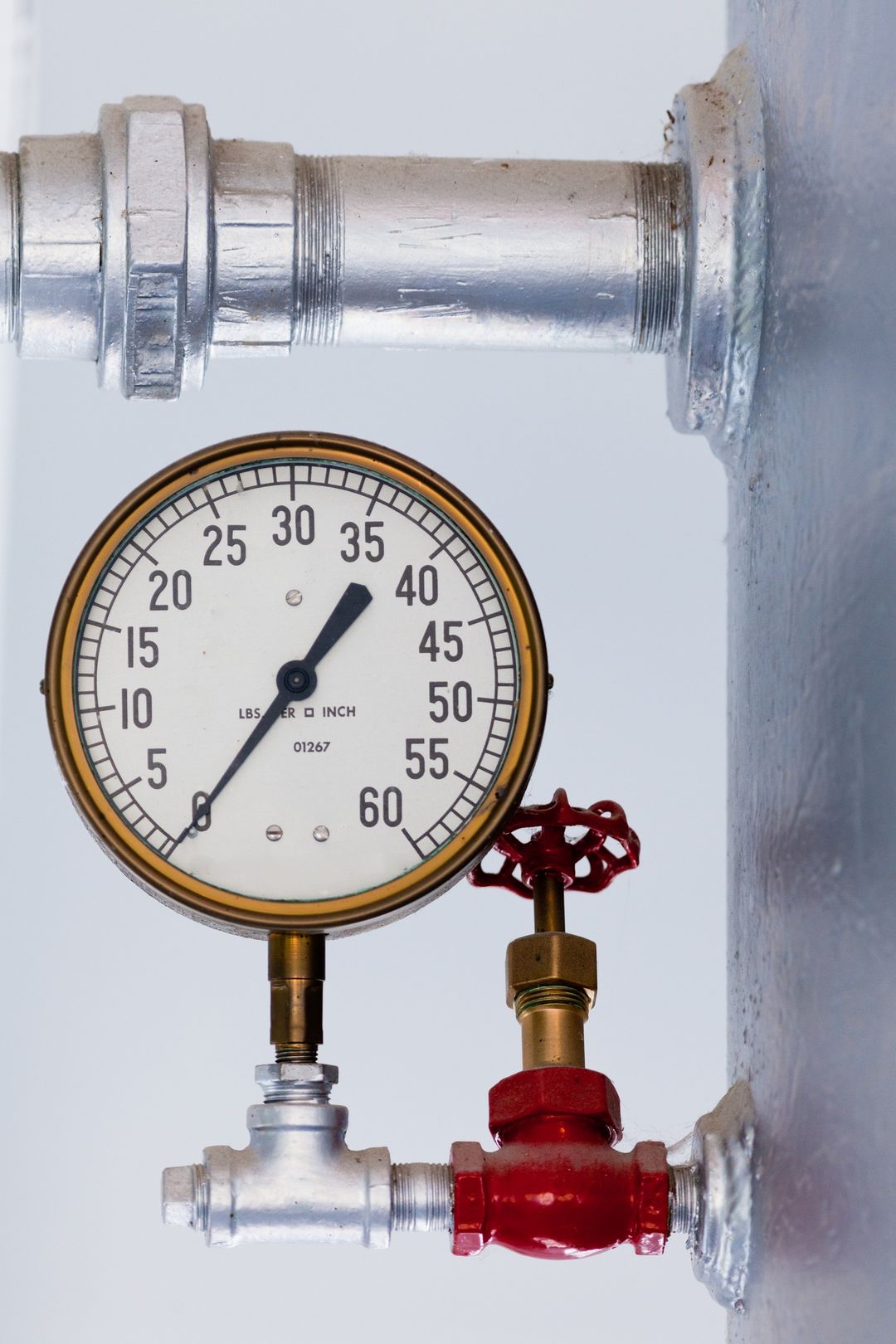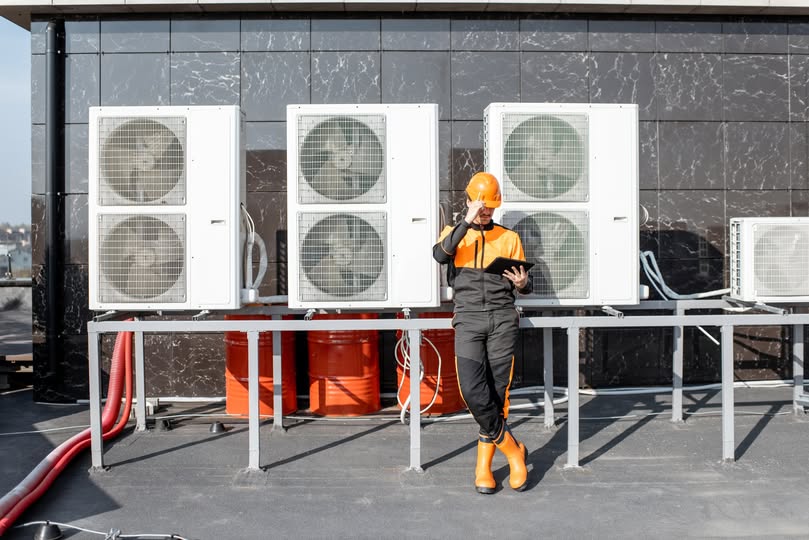A steam boiler is an enclosed container that provides a means for combustion heat to be transferred into water until it becomes heated water or steam. The hot water or steam is then transported through pipes to radiators, baseboard convectors, or other heating devices located throughout the home or business.
Steam boilers are most commonly used in residential and commercial buildings for heat, hot water supply, and for generating steam for industrial processes. Steam boilers are also used in many industrial settings to generate electricity. Steam boilers are usually fueled by gas or oil, although some are powered by electricity.
Steam boilers are highly efficient and can be used to efficiently heat large areas. They are also relatively inexpensive to install and maintain. In addition, they are relatively safe to operate and can be used in areas where flammable materials are present.
Steam boilers offer a number of advantages. They are energy efficient, require minimal maintenance, and are relatively safe to operate. They can also be used to generate electricity or to heat large areas quickly.
Despite the advantages of steam boilers, there are some disadvantages. Steam boilers require a significant amount of water and can be prone to corrosion and scaling. Additionally, they can be dangerous if not properly cared for, as steam boilers can explode if not operated properly.
Overall, steam boilers are an efficient and cost-effective way to heat a home or business. They require minimal maintenance and can be used in areas where flammable materials are present. However, they require a significant amount of water and can be prone to corrosion and scaling if not properly maintained.
For these reasons, it is important to properly maintain and operate steam boilers to ensure they are functioning safely and efficiently.



